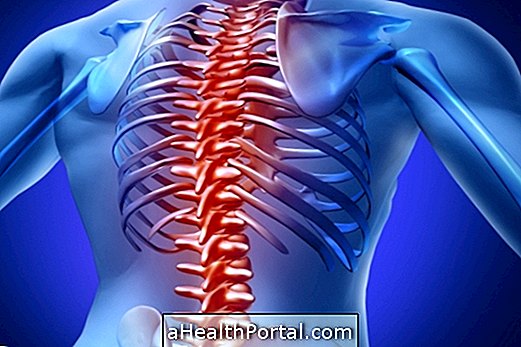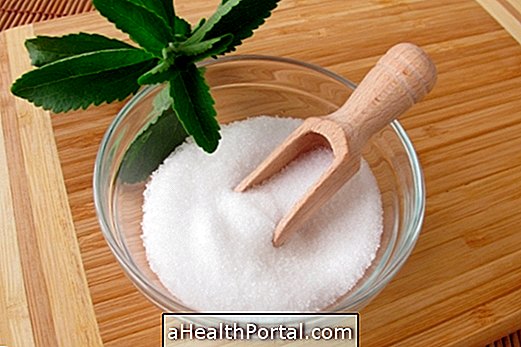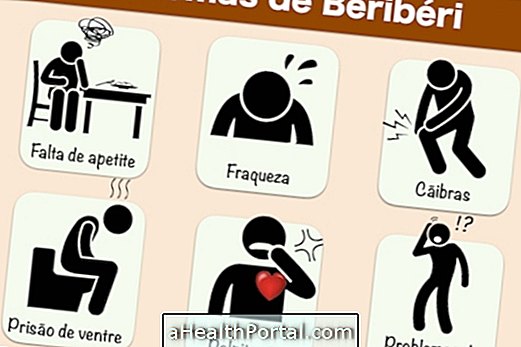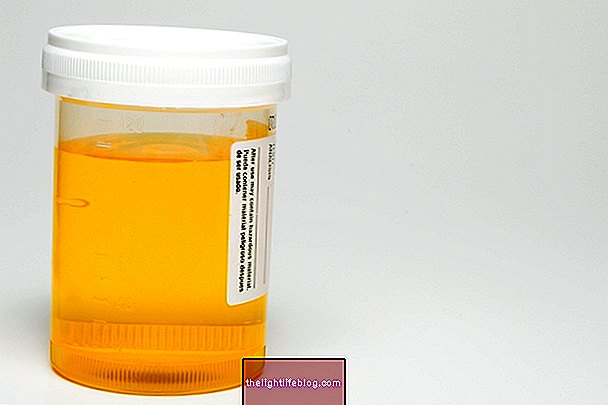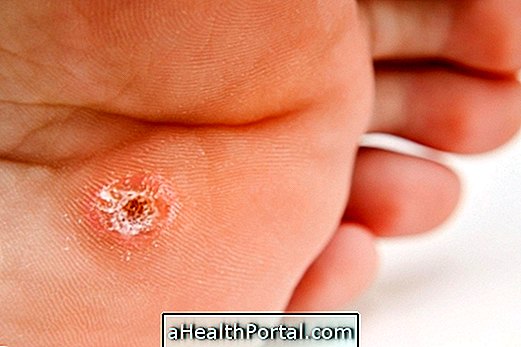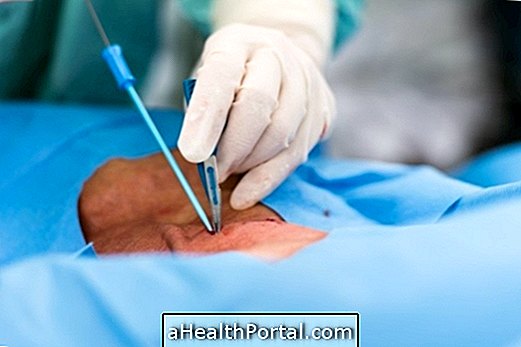After surgery, it is common to have pain and discomfort at the site that has been manipulated, so it is possible to use analgesic and anti-inflammatory drugs, which help control pain and local swelling, such as Dipyrone, Paracetamol, Tramadol, Ibuprofen or Celecoxib, for example.
Pain control is very important to allow faster recovery, allow movement, decrease length of hospital stay and need for medical appointments. In addition to the remedies, it is important to take other care after surgery, which has to do with proper nutrition, rest, and care with the surgical wound to allow proper healing and recovery.
The type of medicine, whether light or potent, varies according to the size of the surgery and the intensity of pain that each person can present. However, if the pain is very severe or is not improving with the medicines, it is important to consult your doctor for further tests or tests.

Thus, the main care to relieve pain after surgery, include:
1. Pain Remedies
Pain remedies are performed already during and immediately after the procedure, by the doctor, and their maintenance may be necessary for days to weeks. Some of the top pain remedies include:
- Analgesics, such as Dipirone or Paracetamol : are widely used to relieve mild to moderate pain, reducing discomfort and facilitating daily activities;
- Anti-inflammatories, such as Ibuprofen, Mieloxicam or Celecoxib, for example: there are several options, in tablet or injectables, and are widely used as they relieve pain while reducing inflammation, also reducing swelling and redness;
- Weak opioids, such as Tramadol or Codeine, are useful for relieving moderate or no pain with weaker drugs because they act more potently in the central nervous system and are often used in combination with analgesics in tablet or injectable versions ;
- For example , strong opioids, such as Morphine, Methadone, or Oxycodone, are even more potent, also in tablets or injectables, and may be considered at more intense times of pain, or when pain does not improve with previous treatments.
- Local anesthetics : infiltrations of anesthetic drugs directly into the operative wound or in places of intense pain, such as in orthopedic joint surgery, are more effective and immediate measures, when the remedies are not enough to relieve pain.
In order for pain medication to be effective, remedies should be well planned and indicated by the physician, taken at appropriate times and never in excess, because of the risk of side effects such as dizziness, nausea, and irritability.
Pain is common after any type of surgery, be it as simple as dental, skin or aesthetic, as well as more complex, such as orthopedic, cesarean, intestinal, bariatric or chest, for example. It can be related to both the manipulation of the tissues, which become inflamed, as well as to procedures such as anesthesia, breathing by appliances or by staying too long in an uncomfortable position.

2. Homemade measures
In addition to the pharmacy remedies, a great home remedy to relieve pain and speed recovery in the postoperative period is to make ice packs in the region around the surgical wound, or in the region of the face if it is a dental surgery, for about 15 minutes and resting for 15 minutes, is very useful to decrease local inflammation. It is also recommended to wear comfortable, wide and ventilated clothing, reducing friction and tightening in regions that are recovering.
Rest is also critical after surgery. The time is recommended by the doctor and is according to the procedure performed and the physical conditions of each person, which varies from 1 day to localized aesthetic procedures, up to 2 weeks for cardiac or pulmonary surgeries, for example.
You should find comfortable positions, looking for the support of pillows, but you should never stay more than 2 to 3 hours in the same position. The doctor or physiotherapist may also indicate more appropriate activities such as walking or stretching in bed, as excessive rest is also detrimental to the health of muscles, bones and blood circulation. Check out more tips on what to do to recover faster after surgery.
2. Care of the surgical wound
Some important surgical wound care should be guided by the surgeon physician and nursing staff as they include dressings and cleansing. Some important tips are:
- Keep the wound clean and dry;
- Cleaning may be done with saline solution or plain running water and neutral soap, or as directed by the physician;
- Avoid dropping on the wound products like shampu;
- To dry the wound, use a clean cloth or towel separate from the one used to dry the body;
- Avoid rubbing the wound. To remove residues, sunflower or almond oil may be used with a cotton or gauze;
- Avoid sun exposure for about 3 months, not to form scars.
Pay attention to the appearance of the wound, since it is common to have a clear secretion for a few days, however, it is important to seek the doctor if there is a secretion with blood, pus or purplish signs around the wound.


